The law comes into effect from January 1, 2026.
The revised Railway Law promptly and fully institutionalizes the Party's policy on investment in developing the railway system, removing "institutional bottlenecks" in the railway sector.
According to the newly passed Law, to develop railways, the State has preferential and supportive policies such as prioritizing budget allocation for investment in development, upgrading, maintenance, and protection of national and local railway infrastructure, developing the railway industry, and training human resources to ensure that railway transport plays a leading role in the national transport system, serving the task of socio -economic development associated with ensuring national defense and security.
In addition, there is a policy to mobilize local resources to participate in compensation, resettlement support, and investment in the construction of a number of items belonging to the national railway infrastructure within the locality where the railway project passes through.

Delegates voted to pass the Law on the morning of June 27. (Photo: National Assembly Media).
Prioritize land funds for developing railway infrastructure and railway industrial works in the land use planning process...
Organizations and individuals participating in railway business activities enjoy many incentives such as: exemption and reduction of land use fees and land rent for land reserved for railways; being able to borrow investment credit capital from the State or being granted Government guarantees for loans when investing in the development of national and local railway infrastructure;...
The State supports a portion of the State budget capital and preferential credit capital for organizations participating in railway business activities in areas with difficult socio-economic conditions; subsidizes public passenger transport activities by urban railways...
The State also gives priority to purchasing and using domestic goods and services or must purchase and use goods and services from domestic manufacturers or service providers, except for railway construction investment projects and projects to purchase and build new railway locomotives and carriages.
Enterprises participating in investment and development of railway industry and railway infrastructure business enjoy preferential corporate income tax rates...
To promptly institutionalize the Party's important policies on private economic development in Resolution No. 68, the law has provisions on investing in railway projects with non-state capital.
In order to encourage organizations and enterprises to participate in investing in railway projects under the public-private partnership or direct investment method, the Law stipulates that these projects are guaranteed by the State for compensation and resettlement support costs, and this part of the cost is not included in the proportion of state capital participating in the project when implemented under the PPP method.
For railway projects implemented in accordance with the provisions of the law on investment, in case there is only one investor proposing, the competent authority shall approve the investment policy and at the same time approve the investor in accordance with the provisions of the law on investment.
Investors are not allowed to transfer projects, project enterprises, capital, and assets formed during and after investment to foreign organizations, individuals, or organizations with foreign capital.

Minister of Construction Tran Hong Minh. (Photo: National Assembly Media).
The investor transfers all assets formed from the project to the State without compensation after the project's operating period expires.
The Ministry of Construction assigns its subordinate specialized agencies to perform the functions of specialized construction agencies according to the provisions of the Construction Law for national railways; the Provincial People's Committee assigns its subordinate specialized agencies to perform the functions of specialized construction agencies according to the provisions of the Construction Law for local railways.
The Minister of Construction shall approve the list of standards applicable to the project before the investment decision maker approves the project for national railways; the Chairman of the Provincial People's Committee shall approve the list of standards applicable to the project before the investment decision maker approves the project for local railways.
The People's Committee at the provincial level is authorized to decide on the appointment of investors for national railway projects selected by competent authorities in accordance with the provisions of law to implement urban development projects according to the TOD model within the scope of the project.
For railway projects implemented in accordance with the provisions of law on investment under the public-private partnership method, after the investment project is approved, the person with the authority to approve the project may choose to apply one of the forms of restricted bidding, designated bidding or other appropriate forms in accordance with the provisions of law to select investors.
The designated investor must have sufficient capacity and demonstrate capacity to arrange equity capital, mobilize loans, and other legal sources of capital; demonstrate sufficient experience or have a cooperation agreement with a partner with experience in implementing similar projects.
Before deciding to apply the form of investor selection, the competent authority must obtain written consensus from the Ministry of National Defense and the Ministry of Public Security on requirements for ensuring national defense, national security, and protecting state secrets.
Before the National Assembly voted to approve, Minister of Construction Tran Hong Minh, on behalf of the Government, presented a report on receiving, explaining, and revising the draft law.
In response to delegates' opinions, the drafting agency has revised the regulations on investment in railway projects using non-state capital sources by adding binding conditions and controlling the transfer of investment projects to ensure strict management, avoid loss of assets, and ensure national defense and security.
In addition, the Law clearly stipulates the role of State management through the participation of State agencies in controlling the steps after investment policy such as: checking the acceptance work, approving the list of standards applicable to the project because railway projects are often large-scale, high-tech, complex technology and require high safety.
Source: https://vtcnews.vn/quoc-hoi-chot-loat-chinh-sach-khuyen-khich-doanh-nghiep-tu-nhan-lam-duong-sat-ar951285.html





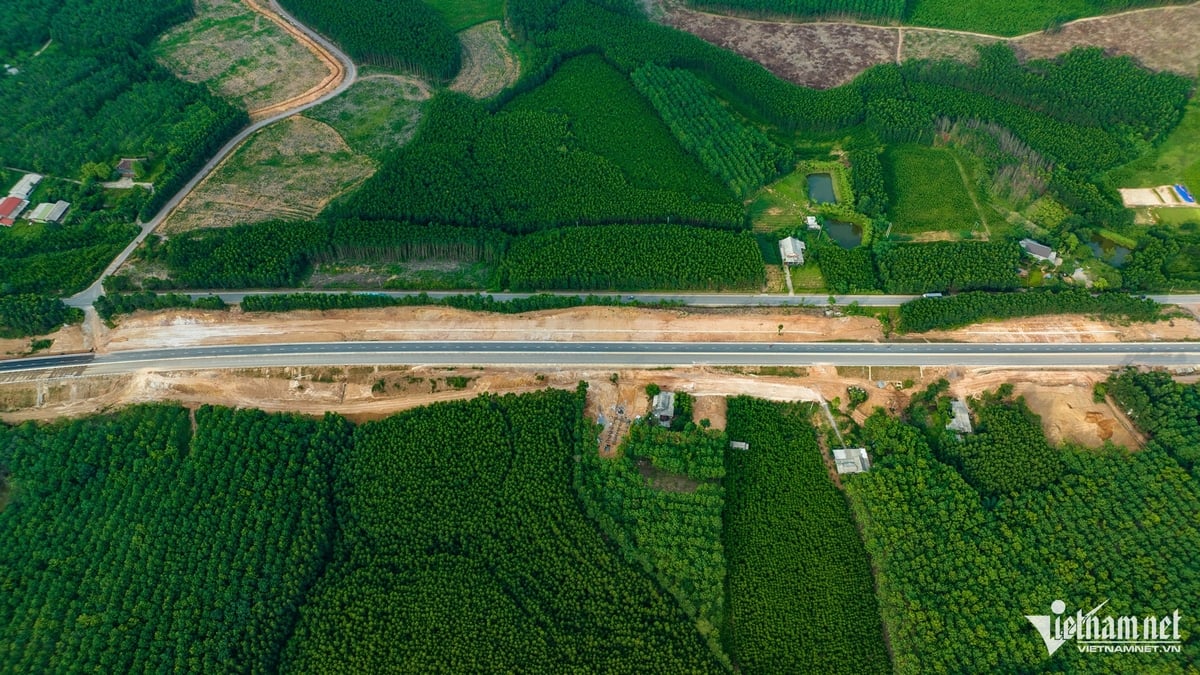




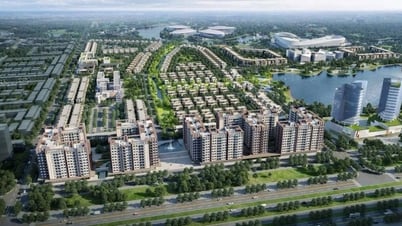














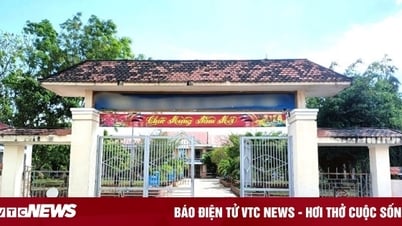


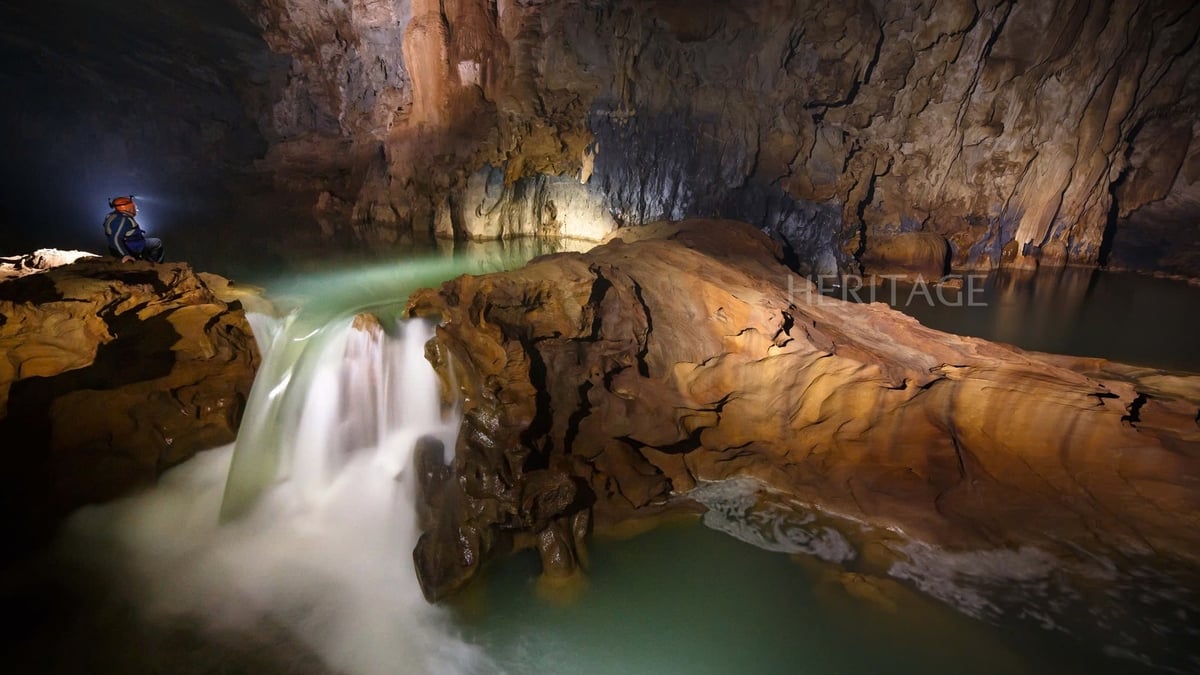



















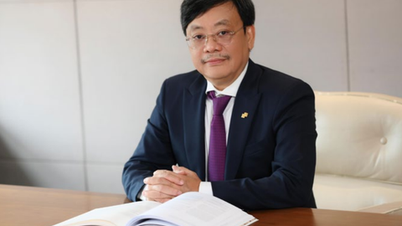















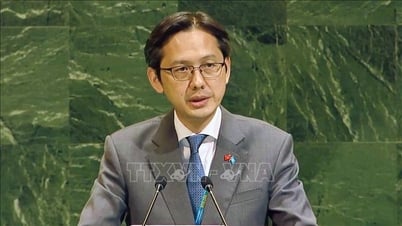

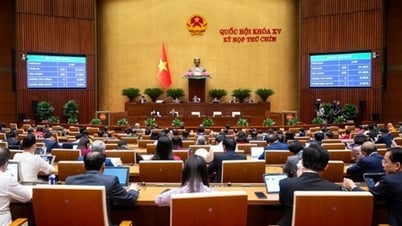

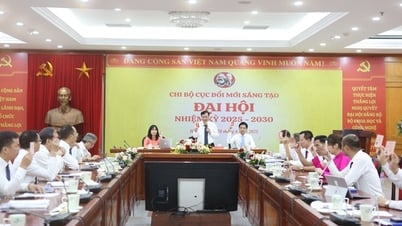

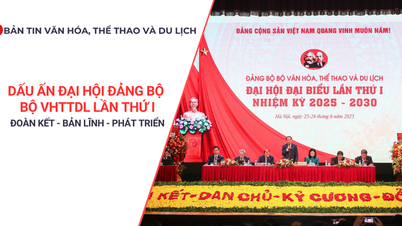


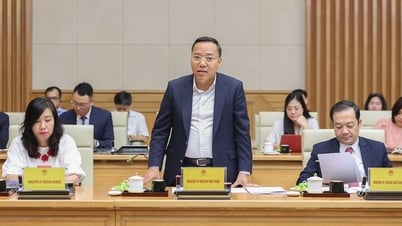




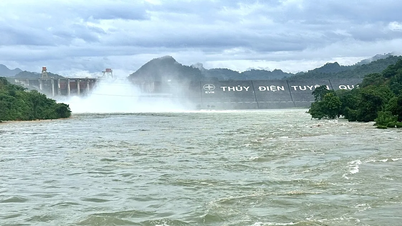






















Comment (0)